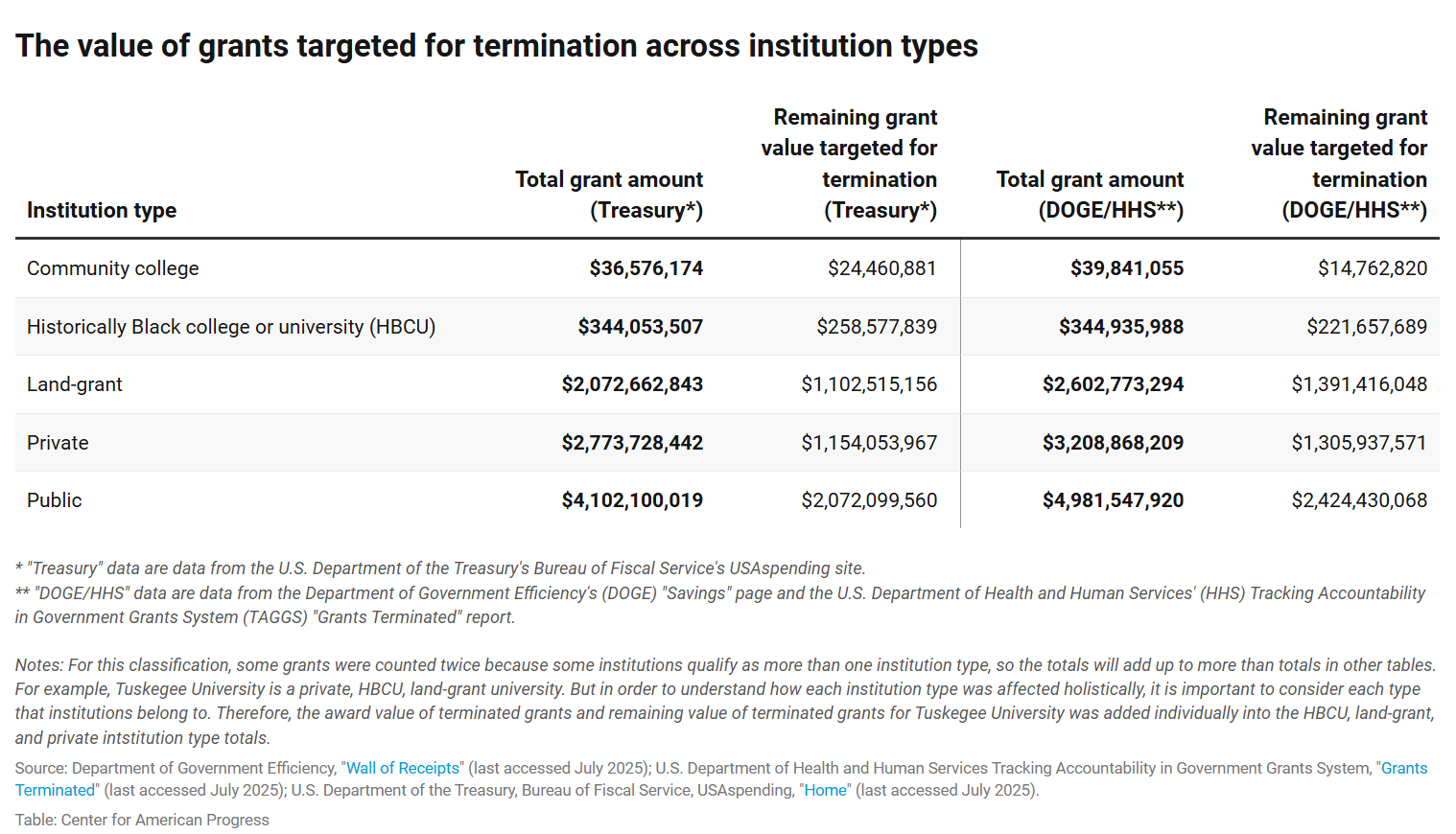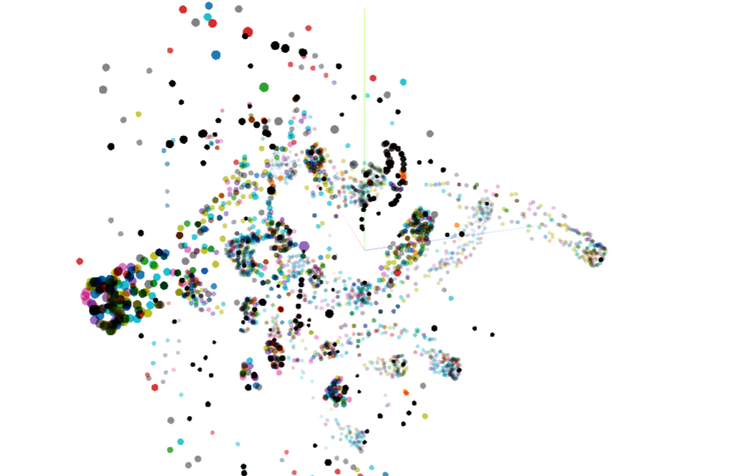Are We Losing Our Experts? Why Shrinking Public Budgets Threaten Everything You Know.

As a college student, I spent countless hours poring over research papers. Every once in a while, I tasted the thrill of discovering a well-articulated explanation from a leading expert that finally made a complex concept click (or, usually, tasted the confusion of 7 other concepts introduced trying to explain the one concept I was trying to understand). These moments weren't just about academic understanding; they were about gaining access to a deeper level of knowledge. It was a form of intellectual empowerment. But what happens when the spring of such expertise begins to dry up?
Recently, the news has been filled with reports of shrinking budgets for public institutions – education, journalism, science, and beyond. While the immediate impact might seem miniscule, the long-term consequences on our access to reliable expertise are deeply concerning, especially for those in the lower and middle classes.
The Erosion of Expert Networks

For journalists striving to provide accurate and insightful reporting, public institutions have long been invaluable resources. Universities house leading researchers in countless fields. Government agencies employ scientists and analysts with specialized knowledge. These experts offer context, data, and nuanced perspectives that elevate the quality of news and inform public discourse.
However, with dwindling funds, these institutions face difficult choices. Research projects get shelved, faculty positions go unfilled, and public outreach programs are sunsetted. This doesn't just mean fewer studies being conducted; it signifies a gradual erosion of the network of experts that reporters rely on to understand and explain complex issues. When funding for a university's astrophysics department is cut, it's not just about fewer discoveries in space; it's about a diminished pool of knowledgeable individuals who can explain the significance of those discoveries to the public.
The Ripple Effect Through Journalism
Since this is a blog about news, it's important to highlight this affect on YOUR news. In an era already grappling with misinformation and the pressure of instant news cycles, reduced access to expert sources can lead to several challenges:
- Superficial Reporting: Without the time and resources to connect with and understand expert perspectives, journalists may be forced to rely on readily available but potentially less reliable sources or simplify complex topics to the point of inaccuracy.
- Increased Susceptibility to Bias: When independent expertise diminishes, the voices of well-funded special interest groups may disproportionately influence public narratives.
- Weakened Fact-Checking Capabilities: Thorough fact-checking often requires consulting with experts in specific fields. As these experts become less accessible, the ability to rigorously verify information is compromised.
A Loss of Knowledge, A Loss of Power

The implications extend far beyond the newsroom. Access to knowledge and expertise is a crucial element of social and economic mobility. Public libraries, state universities, and freely available research databases have historically served as equalizers, providing pathways for individuals from all backgrounds to learn, grow, and participate more fully in society.
When funding for these institutions dwindles, the cost of accessing expertise effectively increases. Private consultants and specialized research firms, while valuable, often come with a price tag that puts them out of reach for many individuals and smaller organizations. This creates a divide, where those with financial means have greater access to in-depth knowledge and analysis, while the lower and middle classes are increasingly reliant on potentially less reliable or less comprehensive sources.
Consider the implications for informed decision-making. Whether it's understanding local environmental regulations, navigating healthcare options, or participating in civic debates, access to unbiased expertise empowers individuals to make choices that serve their best interests and the interests of their communities. As these sources of expertise diminish, so too does the power of individuals to advocate for themselves and hold institutions accountable.

Looking Ahead: Preserving Access to Knowledge
The shrinking access to expertise is not an inevitable trend. It's a consequence of policy choices and budgetary priorities. This trend is completely preventable! Recognizing the long-term societal costs of this erosion is the first step towards finding solutions.
Opponents to these federally funded projects will say that the private space will support them, just like every other part of the economy. But as someone who has worked in the news space in multiple privatized companies, they are seen as expenditures and not long-term gains. So there needs to be a change in perspective:
Investing in public education, supporting independent journalism, and funding scientific research are not just expenditures; they are long-term investments for an informed and empowered citizenry.
What are your thoughts on the impact of these budget cuts on the availability of reliable expertise? How do you see this affecting your access to information and your ability to make informed decisions? What role can individuals and communities play in preserving access to knowledge in this changing landscape? Share your perspectives in the comments below.





Comments ()